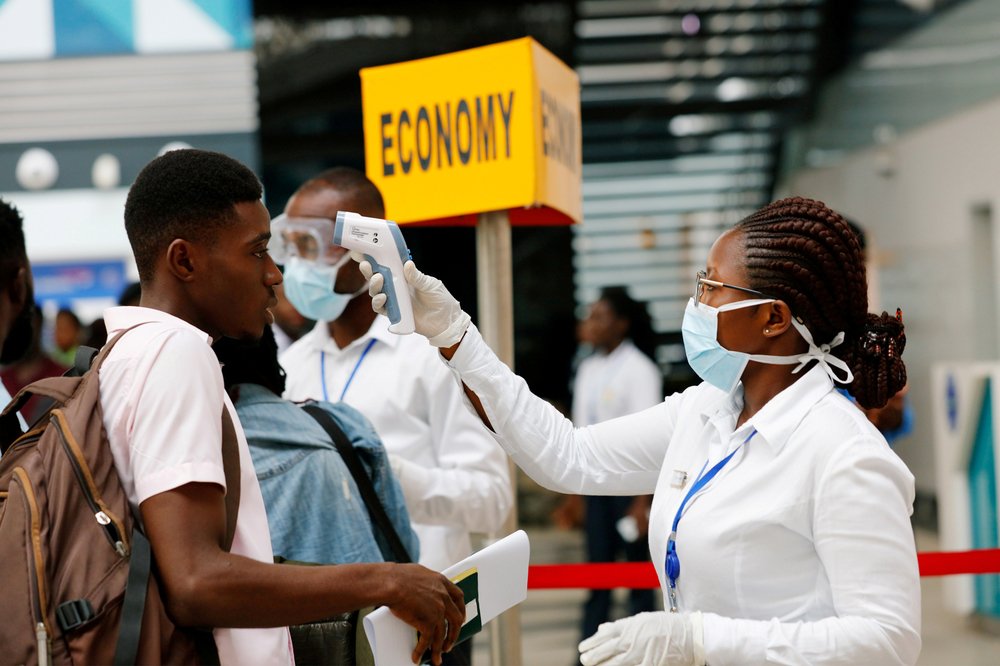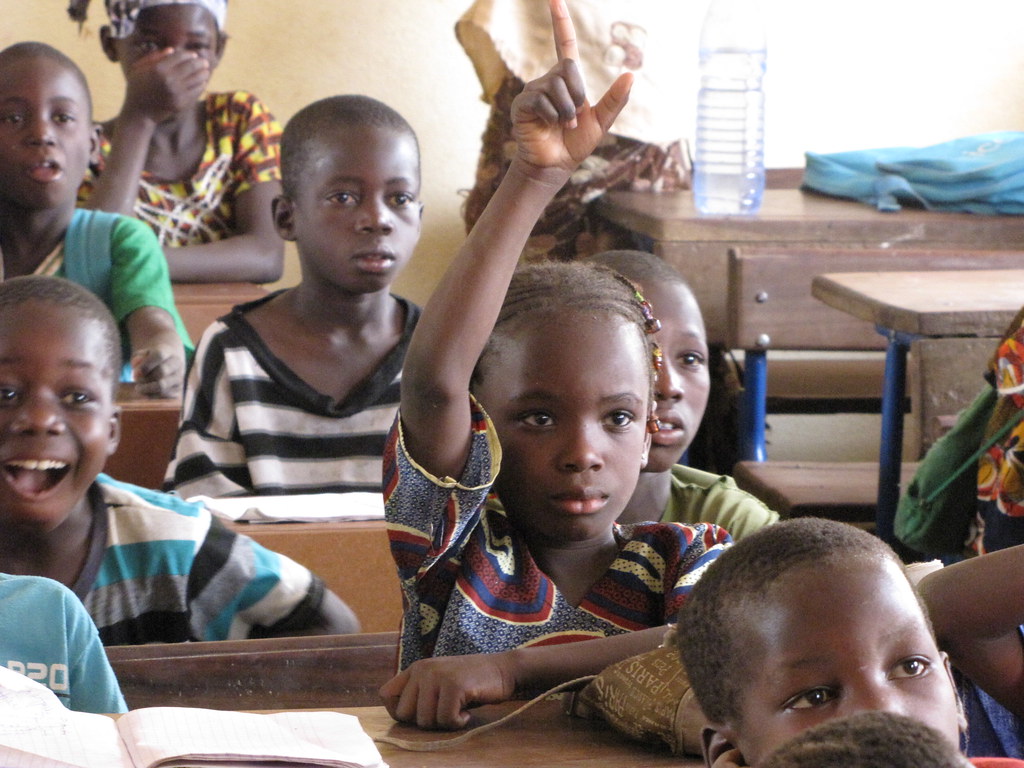The COVID-19 outbreak began in December 2019 in the Wuhan city of China and has continued to spread globally. As of this writing, 28.2 million cases have been recorded globally with 910,000 deaths. Aside the health impact, the pandemic has led to an unprecedented disruption in economic activities, initiating a sudden demand, supply, and financial shock. The mitigation strategies put in place by governments across the world to curb the virus as well as the uncertainty associated with the pandemic has led to a reduction in the consumption of non-essential commodities. Meanwhile, disruptions to global supply chains in a closely connected world as well as the reduced demand have necessitated a slowdown in production. Furthermore, investors have become more risk averse with the prices of risk assets falling to levels experienced in the 2007-20008 global financial crisis. To counteract the fall in private sector demand, stabilize the financial system, and ensure economic recovery, governments and central banks across the world have deployed a range of policies and programmes. Central banks are cutting policy rates and providing direct liquidity to the financial system. Federal and sub-national governments are providing tax relief, cash transfers, and employee retention schemes to alleviate the burden on affected individuals and businesses. Africa is not left behind as governments have increased spending plans (about 1.9% of their GDP) and central banks are adopting more accommodating monetary policies.
Download PDF

 English
English
 Arab
Arab
 Deutsch
Deutsch
 Português
Português
 China
China





